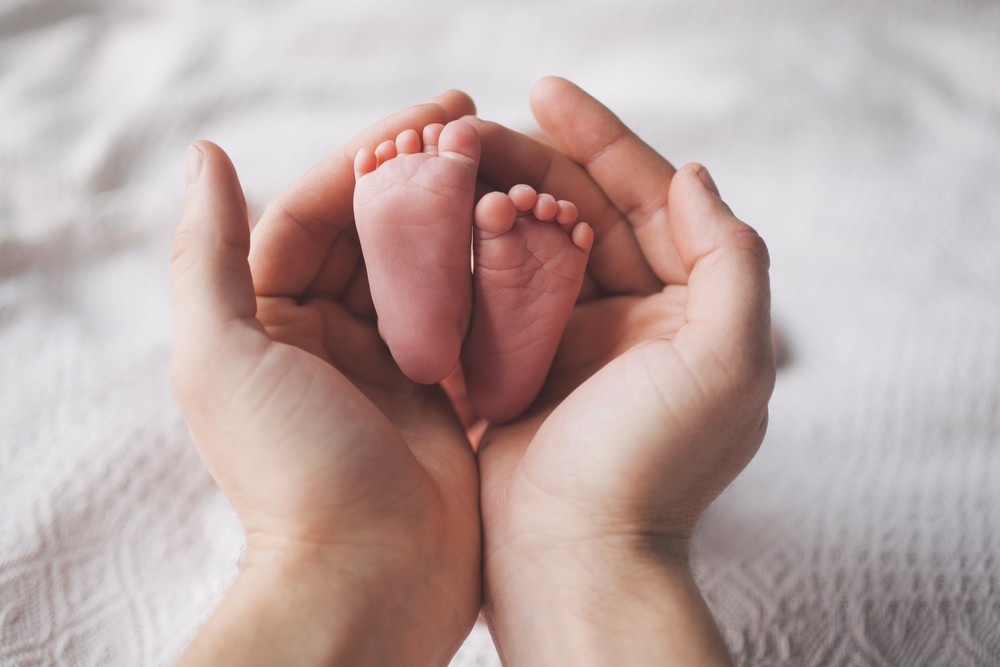Popular Reads
Top Results
Can't find what you're looking for?
View all search resultsPopular Reads
Top Results
Can't find what you're looking for?
View all search resultsCould giving birth to a boy increase a woman’s risk of postnatal depression?
Change text size
Gift Premium Articles
to Anyone
N
ew UK research has found that women who give birth to boys may have a higher risk of developing postnatal depression (PND) than women who give birth to a girl.
Carried out by researchers at the University of Kent in the UK, the new study looked at the reproductive histories of 296 women to assess whether there was a link between the sex of infants and PND.
A link has already been found between inflammation and the development of depressive symptoms, and as the development of male foetuses and the experience of birth complications have both also been associated with increased inflammation, the researchers set out to study if there was also a relationship with PND.
After controlling for other known PND risk factors, the findings, which can be found published in the journal Social Science & Medicine, showed that women who give birth to boys are 71 to 79% more likely to develop PND than those who give birth to girls.
In addition, the results also showed that women whose births had complications were 174% more likely to develop PND compared to those women who had no complications.
However, although women with a tendency towards symptoms of depression, anxiety, and stress always have an increased risk of PND, the study found that they actually had a reduced risk of the condition after experiencing birth complications.
Read also: Mother names triplets Avanza after giving birth in car
The researchers commented that because their mental health conditions are already known, these women may receive a greater level of support after giving birth, which also suggests that extra support post-birth may be an effective way of preventing PND developing.
The authors also added that the results highlight two novel risk factors for PND, and recognising that both male infants and birth complications are risk factors should also help health professionals identify and support women who may be high risk.
“PND is a condition that is avoidable, and it has been shown that giving women at risk extra help and support can make it less likely to develop. The finding that having a baby boy or a difficult birth increases a woman’s risk gives health practitioners two new and easy ways to identify women who would particularly benefit from additional support in the first few weeks and months,” said co-author Dr Sarah Johns.











